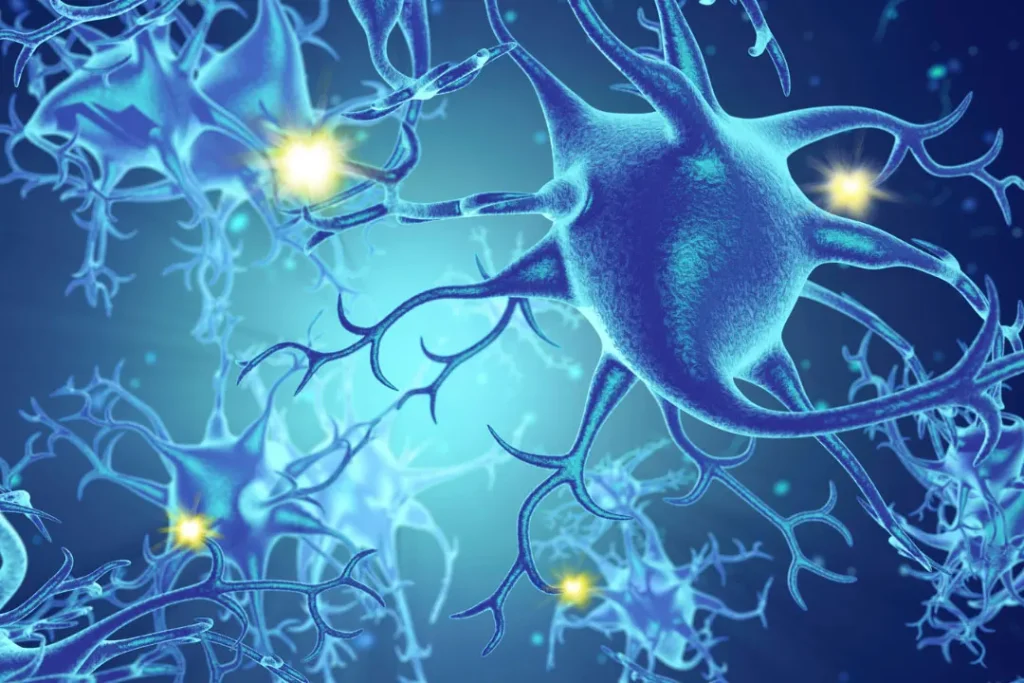Due to its possible health advantages, cesium, an alkali metal group chemical element, has drawn interest in the context of dietary supplements. This page tries to provide a thorough and scientifically supported analysis of the nature of cesium, its health advantages, the best dose, any possible negative effects, drug interactions, and appropriate usage.
You May Also Like:
The Best Mushroom Supplements for Memory: 5 Top Brands Reviewed
Finding the Best Supplements for Brain Fog After COVID: 5 Top Brands Reviewed
Cesium: Benefits, Dosage, Side Effects, Drug Interactions, and Other Important Information is an original (NootropicsPlanet) article.
Nature of Cesium
A soft, silvery-white metal with the atomic number 55 is called cesium. It is very reactive and it mostly appears in nature in compounds like cesium chloride and cesium carbonate. Cesium is commonly offered as cesium salt, such as cesium chloride, as dietary supplements.

Health Benefits of Cesium
Cesium chloride has been suggested as an alternative therapy for a few forms of cancer according to research. Cancer cells’ pH equilibrium is thought to be affected by cesium, which may prevent them from growing and encourage apoptosis. It is important to prove the effectiveness and safety of cesium supplementation in the treatment of cancer.

Chemistry of Cesium
Cesium is naturally found as a highly reactive silvery-white metal that is found in Group 1 of the periodic table. When cesium is made into a supplement, it is frequently offered in the form of cesium salts, such as cesium chloride (CsCl) for easy storage and absorption of this supplement.
Physiological Mechanisms of Action of Cesium
There are certain gaps in our understanding of the physiological mechanisms of cesium in both body and brain. Its impact on cellular pH equilibrium is the postulated mechanism of action for cesium in the context of cancer therapy. It has been proposed that cesium chloride alkalizes and creates a high pH environment to interfere with the metabolism of cancer cells, thereby preventing their proliferation and encouraging cell death.
It is crucial to keep in mind, nevertheless, that the scientific world has not unanimously adopted the pH hypothesis of cancer therapy. To ascertain the real effectiveness and safety of cesium as an auxiliary or alternative cancer treatment, extensive research and clinical studies are needed due to the complicated nature of cancer.
Till now, there hasn’t been enough research done to determine how cesium could affect neurotransmitters, receptors, and neuronal function. More research has to be done to know precisely how cesium interacts with cellular functions, signaling pathways, and the central nervous system.

Optimal Dosage of Cesium
Determining the ideal dose of cesium as a dietary supplement is difficult due to a lack of study and possible health hazards from excessive cesium consumption. Additionally, individual aspects including age, weight, health, and medication usage must be taken into account. Before beginning a cesium supplementation regimen, it is essential to speak with a medical expert who is experienced in nutritional supplements.

Side Effects of Cesium
Supplementing with cesium may have dangers and adverse consequences, which should be carefully examined. Cesium poisoning, which shows up as symptoms including nausea, diarrhea, exhaustion, and muscular weakness. Furthermore, elevated cesium levels may alter the equilibrium of vital minerals like potassium, which might impact cardiac function. To reduce the possibility of adverse effects, prudent usage and adherence to recommended dose recommendations by doctors or suppliers are essential.
Potential Substance Interactions with Cesium
When thinking about supplementing, approach it carefully since cesium may interact with several drugs and substances. According to reports, cesium might change the body’s potassium levels, which could compromise the effectiveness and security of medicines that affect potassium balance, including medications for diuretics or therapies for heart diseases. Cesium may also interact with drugs that are excreted via the kidneys, perhaps altering their clearance and changing blood levels. To reduce possible hazards and medication interactions, it is essential to let healthcare experts know you are using cesium supplements.
Responsible Uses of Cesium
There are many crucial factors to take into account while using cesium as a dietary supplement. Before beginning supplementing, it is crucial to get medical advice, especially if you have pre-existing diseases or are on medication. It is crucial to follow suggested doses, closely monitor any possible adverse effects, and maintain frequent contact with medical professionals. Additionally, it’s critical to remain up to date on the newest scientific findings and advice on cesium supplements.
Cesium:
Conclusion
Cesium, an alkali metal element, is a unique supplement that has gained attention for its potential healing properties for cancer. Preliminary research suggests that cesium may alkalize cancer cells when reacted with chloride ions and hence preventing cancer cell proliferation. However, this supplement should be taken at your own risk as the precise mechanism of cesium with other cellular functions is not entirely understood. Cesium supplements should only be used under the guidance of healthcare professionals due to their potential interactions and effects on the body. When you understand the potential risk, you will know the importance of responsible usage of cesium supplements.
References:
- Clinical effects of cesium intake. Retrieved from: https://pubmed.ncbi.nlm.nih.gov/19655100/
- Cesium-131 brachytherapy for the treatment of brain metastases: Current status and future perspectives. Retrieved from: https://pubmed.ncbi.nlm.nih.gov/36753799/
- Cesium therapy in cancer patients. Retrieved from: https://pubmed.ncbi.nlm.nih.gov/6522427/
Important Note: The information contained in this article is for general informational purposes only, and should not be construed as health or medical advice, nor is it intended to diagnose, prevent, treat, or cure any disease or health condition. Before embarking on any diet, fitness regimen, or program of nutritional supplementation, it is advisable to consult your healthcare professional in order to determine its safety and probable efficacy in terms of your individual state of health.
Regarding Nutritional Supplements Or Other Non-Prescription Health Products: If any nutritional supplements or other non-prescription health products are mentioned in the foregoing article, any claims or statements made about them have not been evaluated by the U.S. Food and Drug Administration, and such nutritional supplements or other health products are not intended to diagnose, treat, cure, or prevent any disease.


